Getting treated for cancer can take a lot out of you, both emotionally and physically, so it’s common to feel tired. Fatigue is the most common side effect of almost any type of cancer treatment, be it chemotherapy treatment or radiation therapy, and can remain for weeks or months even after the treatment ends. Furthermore, this type of fatigue can interfere with your normal and everyday functioning and also significantly impact your quality of life. If you’re going through chemotherapy treatment, you may experience tiredness more often than you can imagine. If so, it’s important to consult with your doctor, but there are a few steps you can take to control your fatigue and keep it in check.
Chemotherapy Treatment:
1) Get moving:
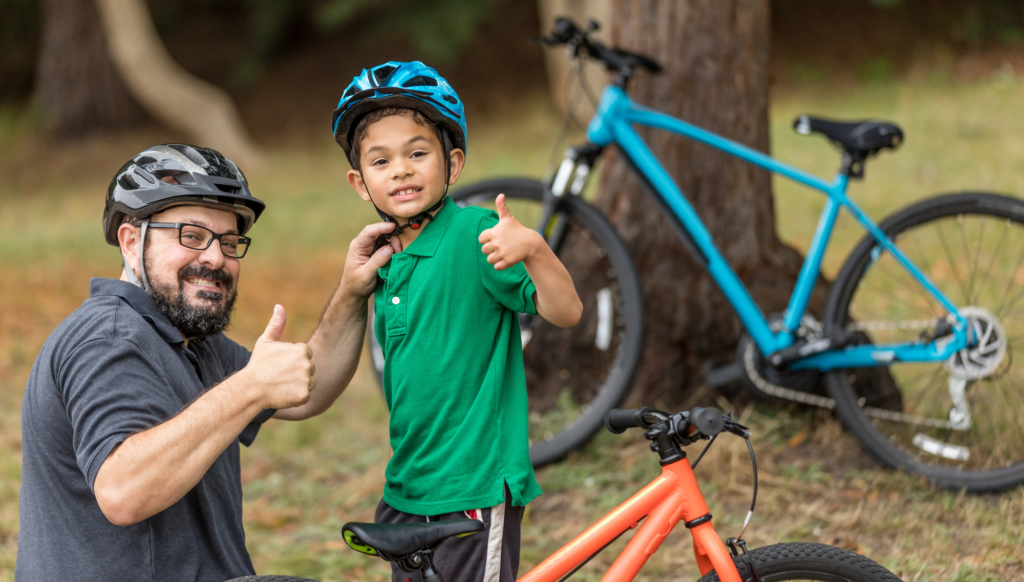
You might not feel like moving a muscle, but whether it’s walking, swimming, or going to the gym, move your body every day if you can. Physical activity such as brisk walking or riding a bike is one of the best ways to counteract cancer-related fatigue. Speak with your doctor about how you can start exercising safely.
2) Ease your mind:
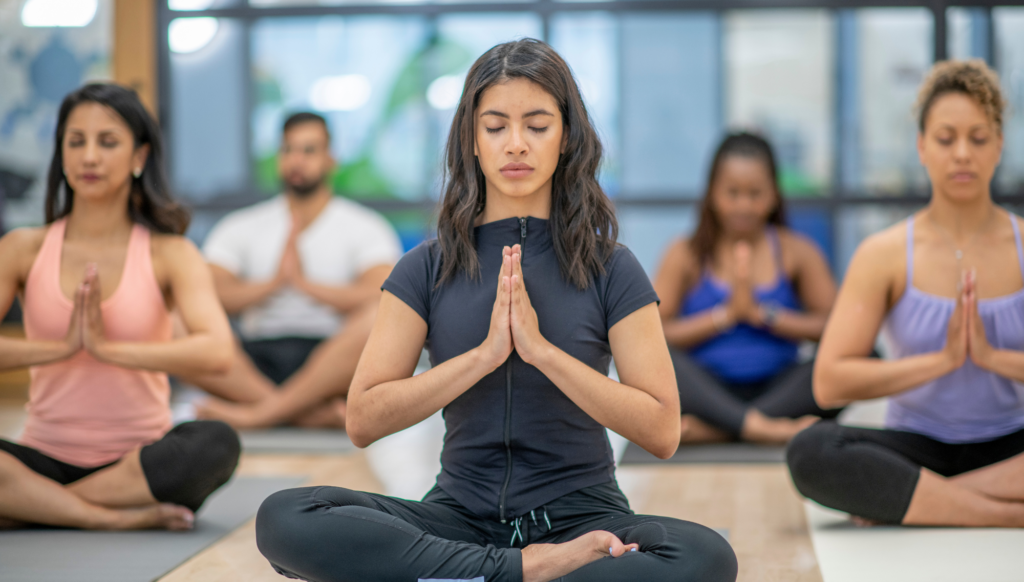
Some people find that mind-body workouts or activities, such as yoga or meditation, can help reduce fatigue by helping you focus on relaxation. Acupuncture is also known to help with fatigue.
3) Go easy on yourself:
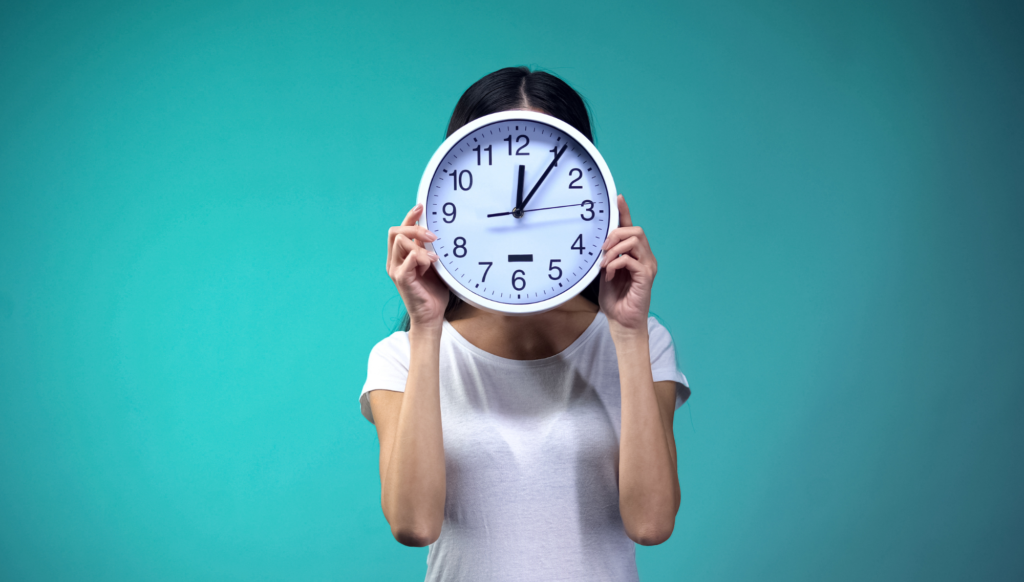
Set time aside for yourself to take rest. Figure out what needs to be done today and what you can do tomorrow. For example, spread your activities throughout the day and make sure to rest in between. But take short naps instead of resting for a long period.
4) Sleep well:
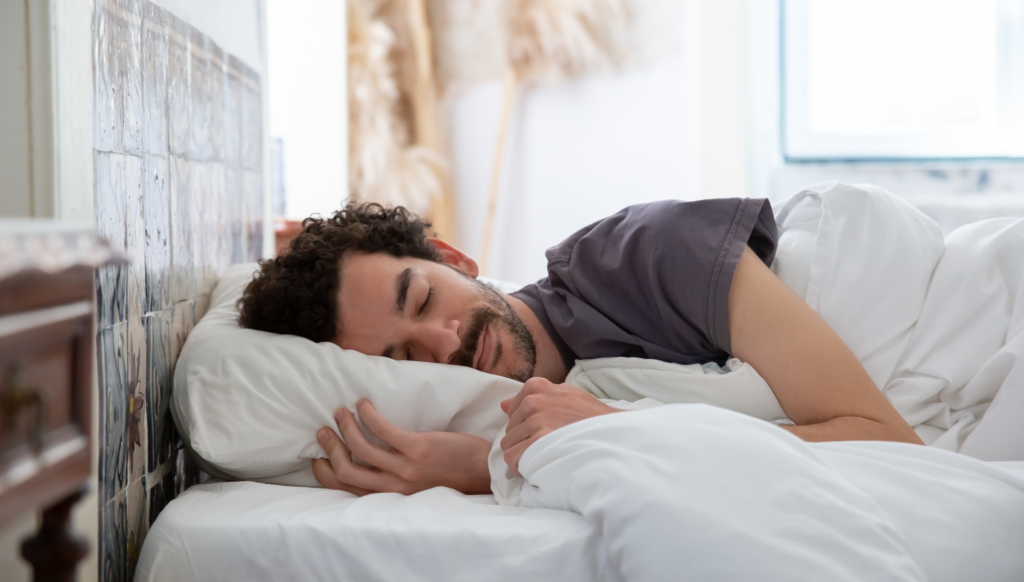
A good night’s sleep can surely help you feel more rested and relaxed. You can take simple steps to help make that happen and get a restful night’s sleep. Like, turning off all screens during bedtime, such as the TV or computer, at least an hour before, avoiding caffeine in the afternoon or later, and limiting daytime naps to an hour or less. You can also follow good bedtime activities that relax you, like journaling or meditation.
5) Drink enough liquids:
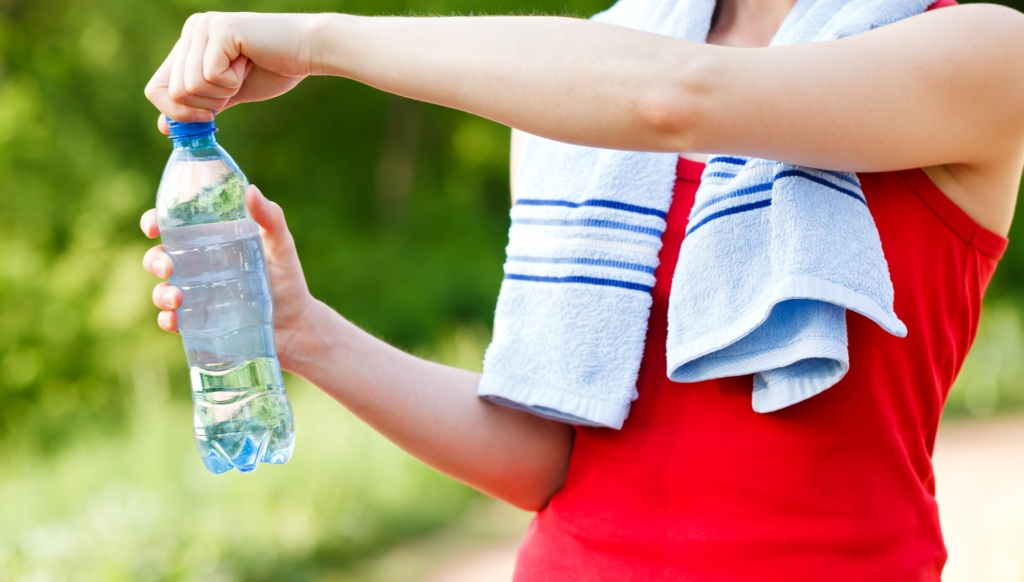
Dehydration can make you feel confused and tired. Whereas drinking lots of fluids and eating well can help to keep your energies maintained. Keep a bottle of water close and keep drinking water throughout the day. If it doesn’t taste well, fruit and vegetable juices are also an option to counter dehydration.
6) Talk it out:

Fear, anxiety and hopelessness are also known to add to fatigue. A therapist or counsellor experienced with working with people who have cancer, can help you with some coping strategies. You can also join a support group or other psychosocial interventions that can help.
7) Talk to your doctor:
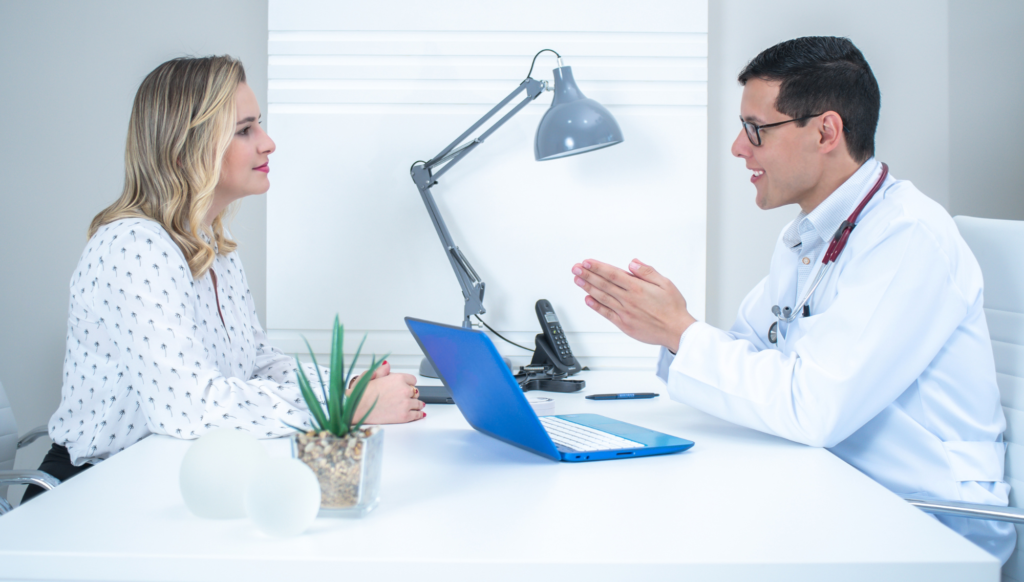
Keep track of what times of the day you feel tired and when the exhaustion grows. Does it get worse after treatment, and what makes it better? All this information will help your doctor to suggest different medications or supplements that can help relieve fatigue and also look for other causes of your tiredness.

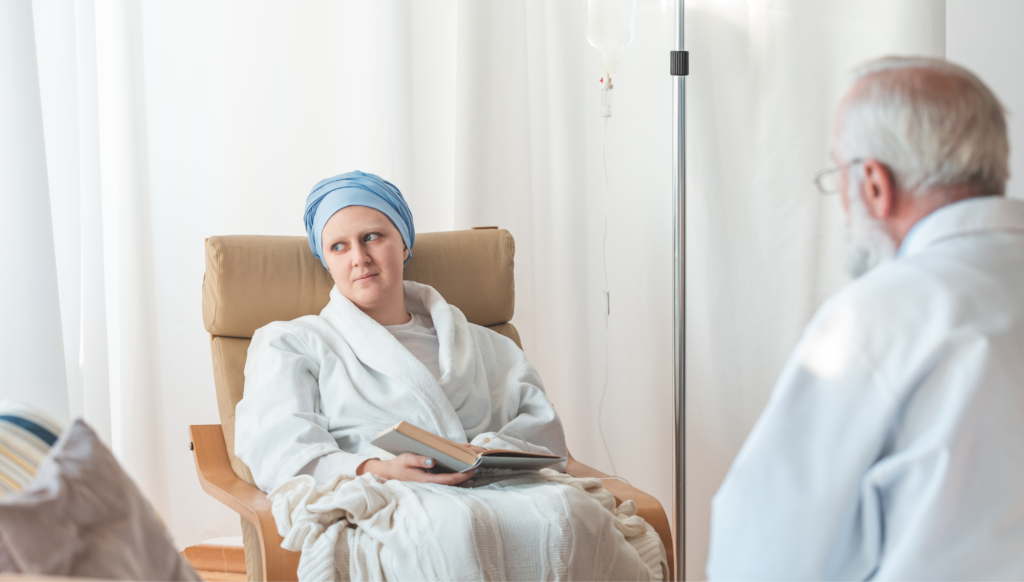
Pingback: Tips To Help You Start Running After 60
Pingback: Lifestyle changes that may help you to avoid cancer
Pingback: 2023 new dey